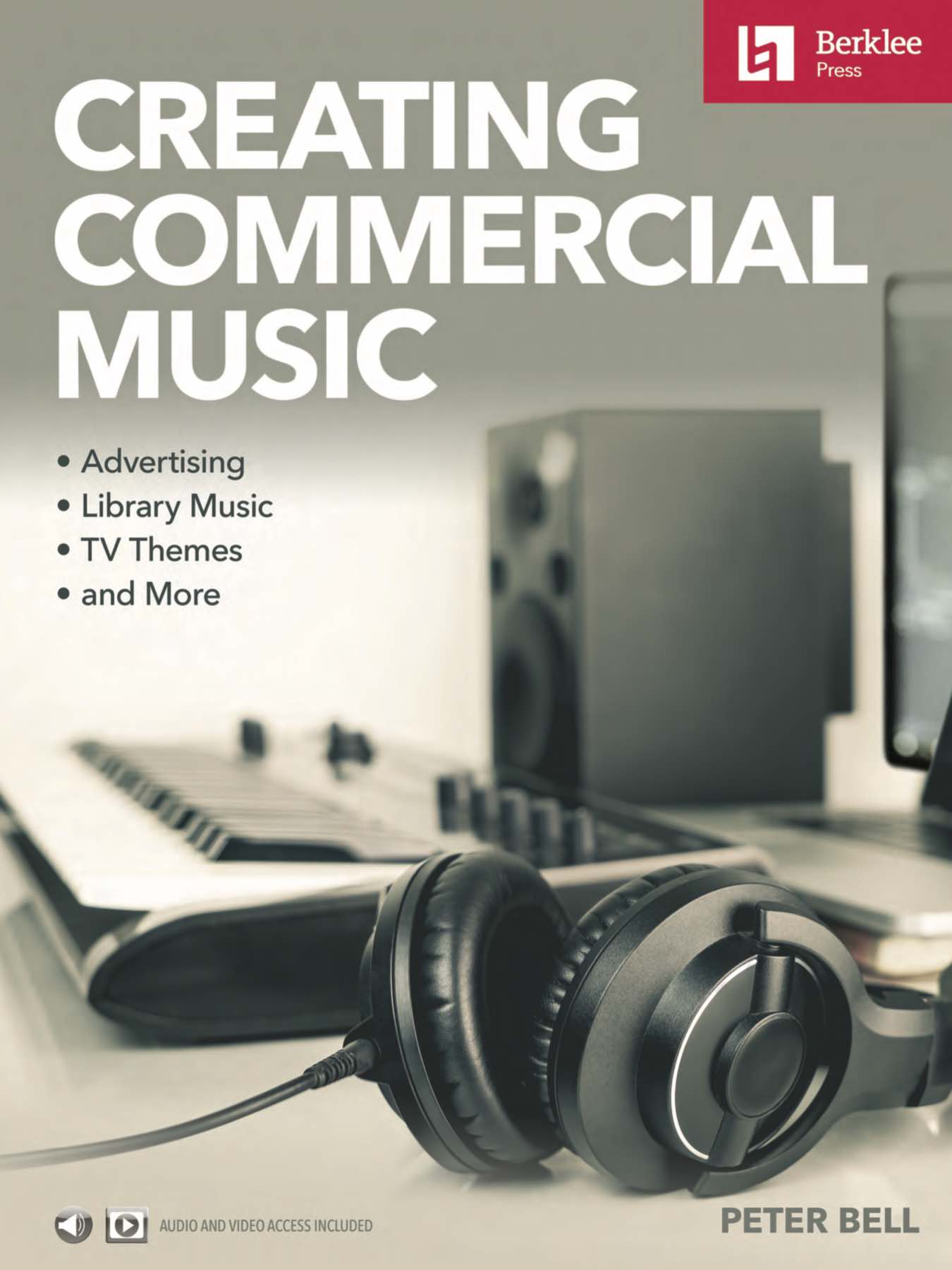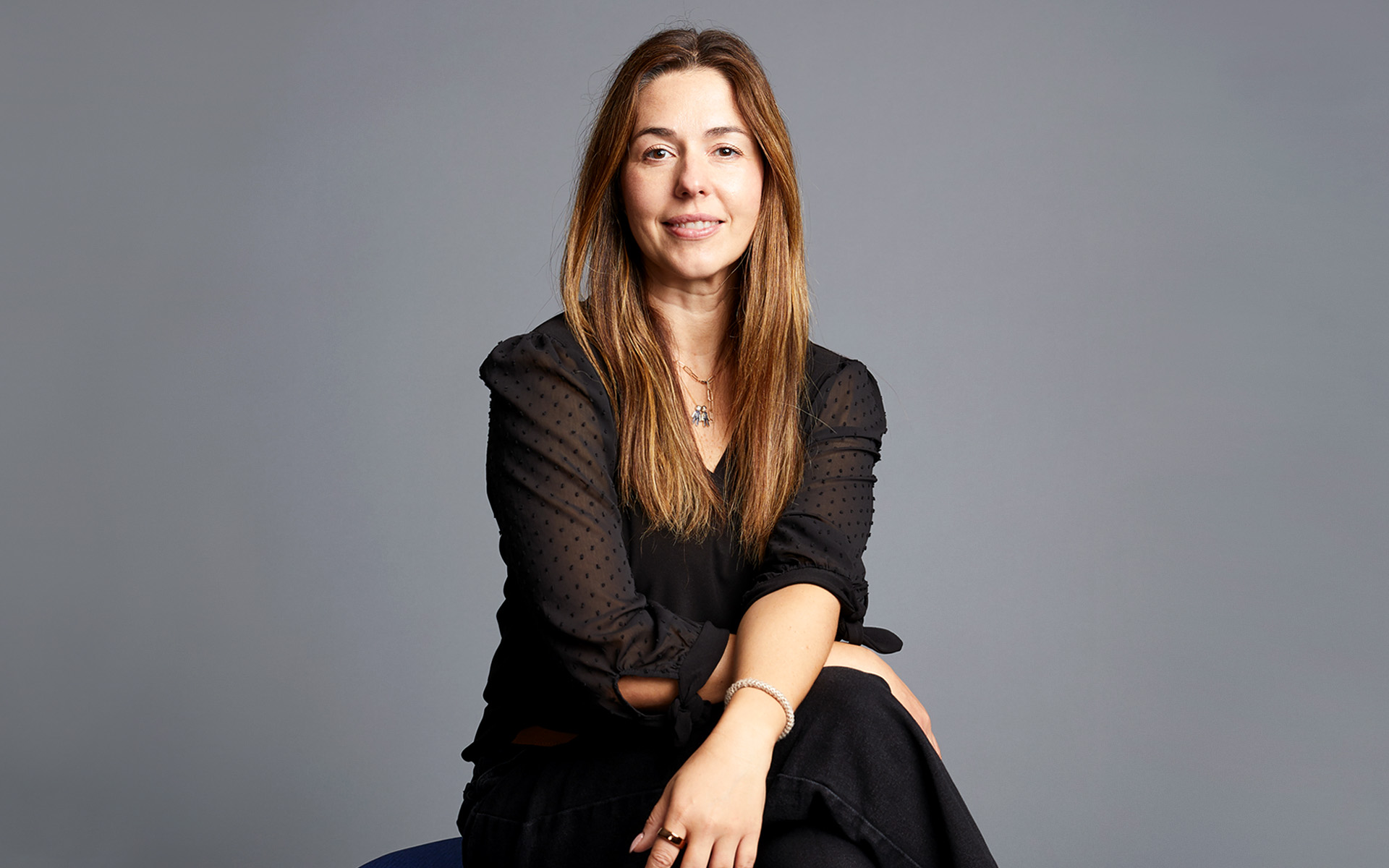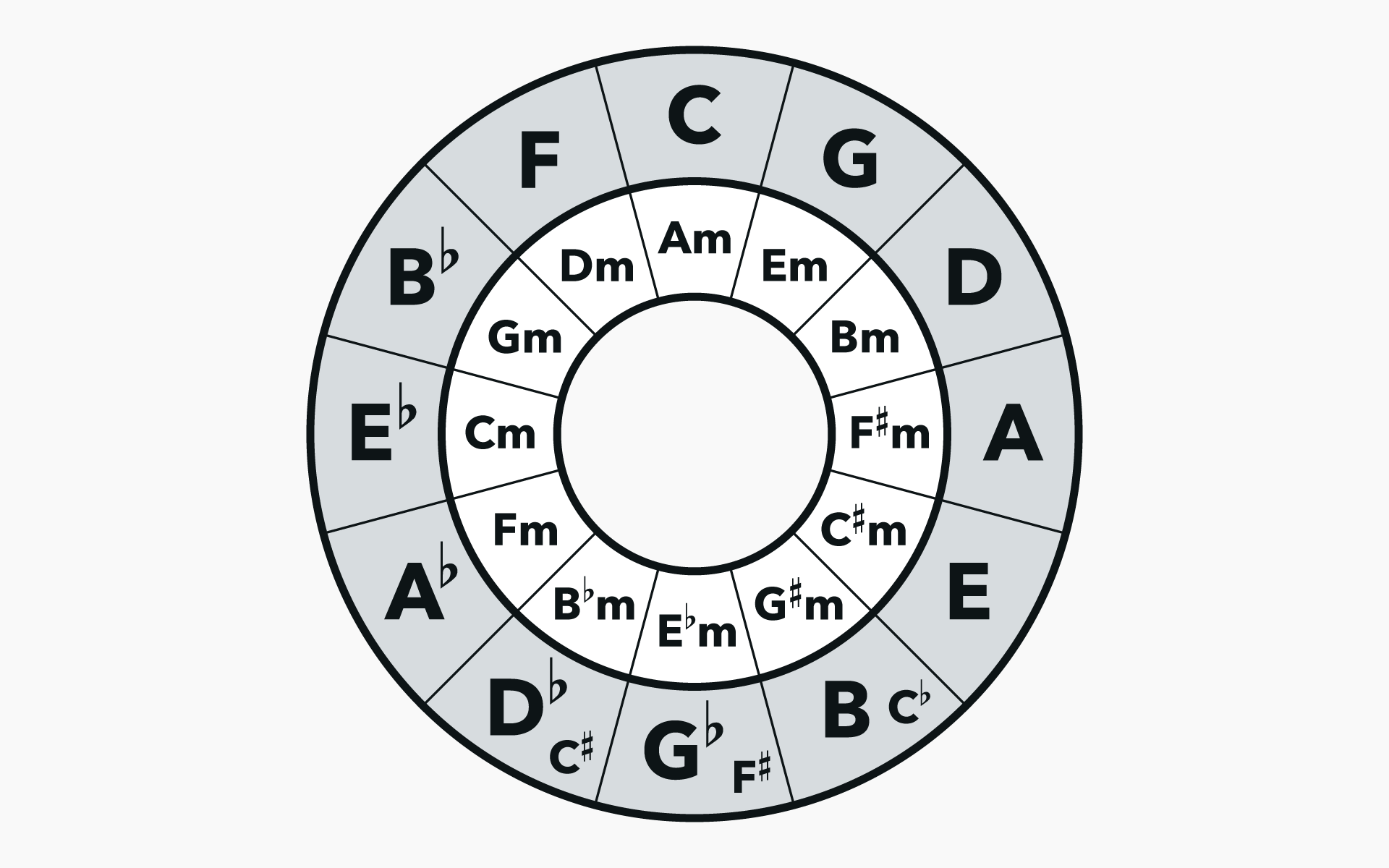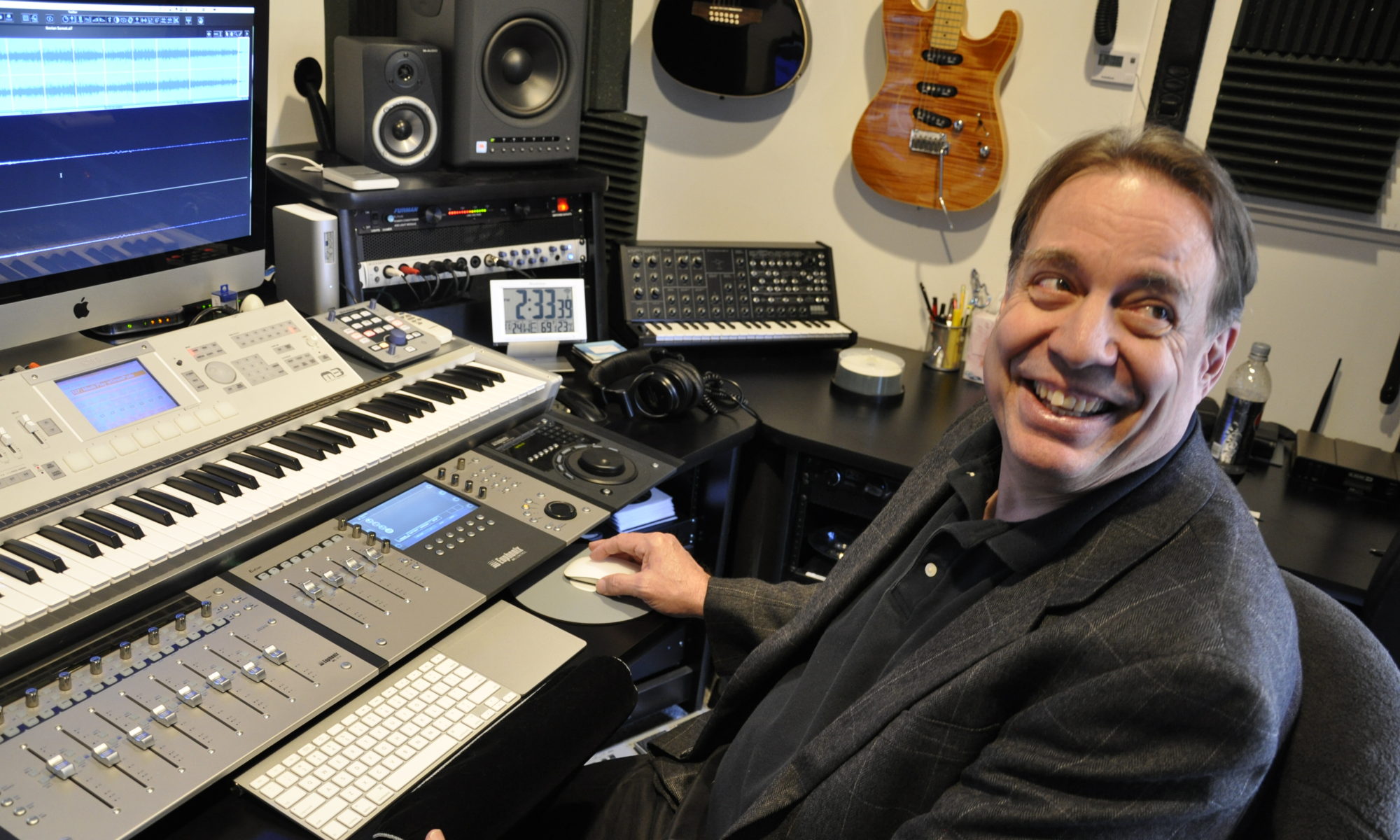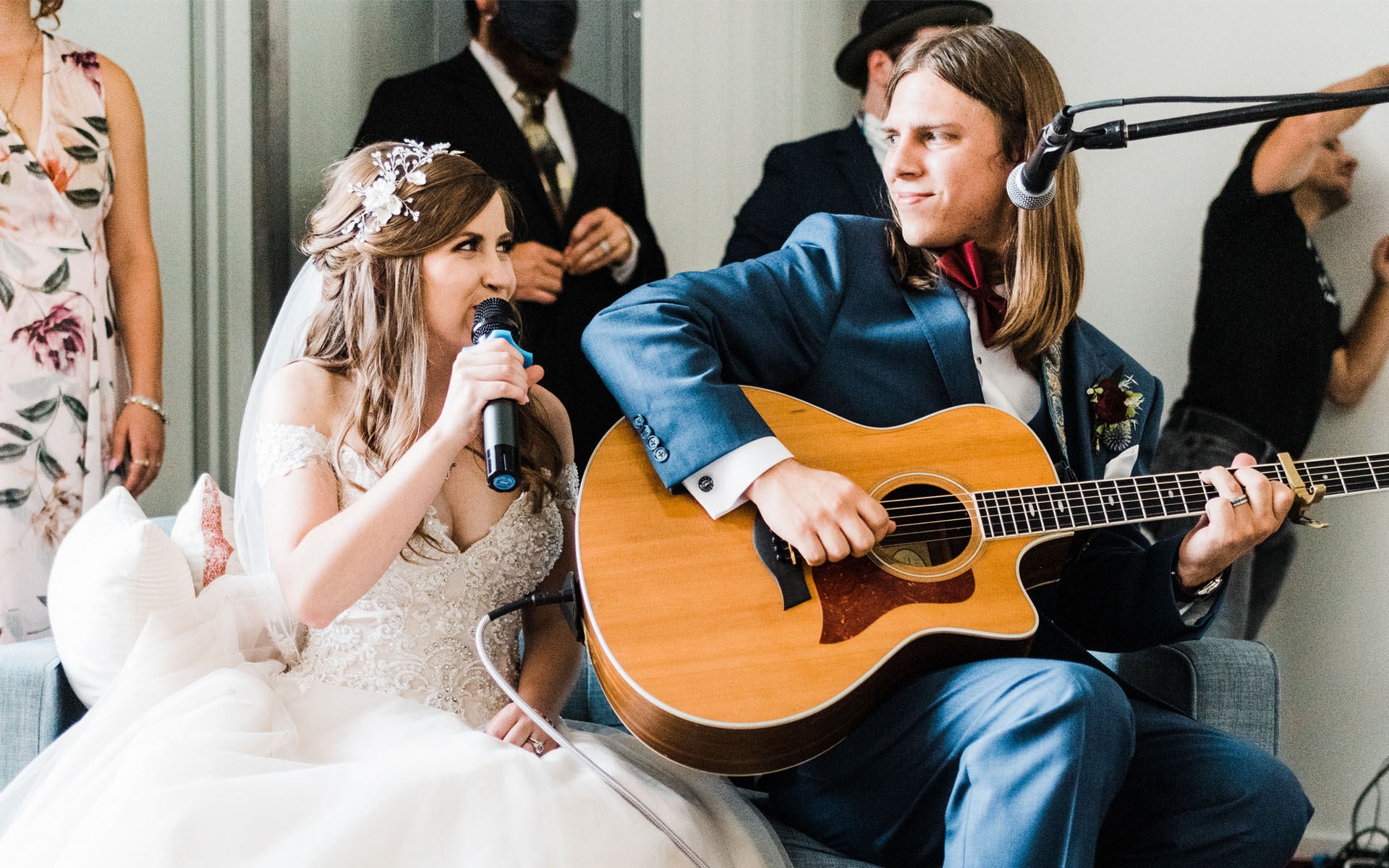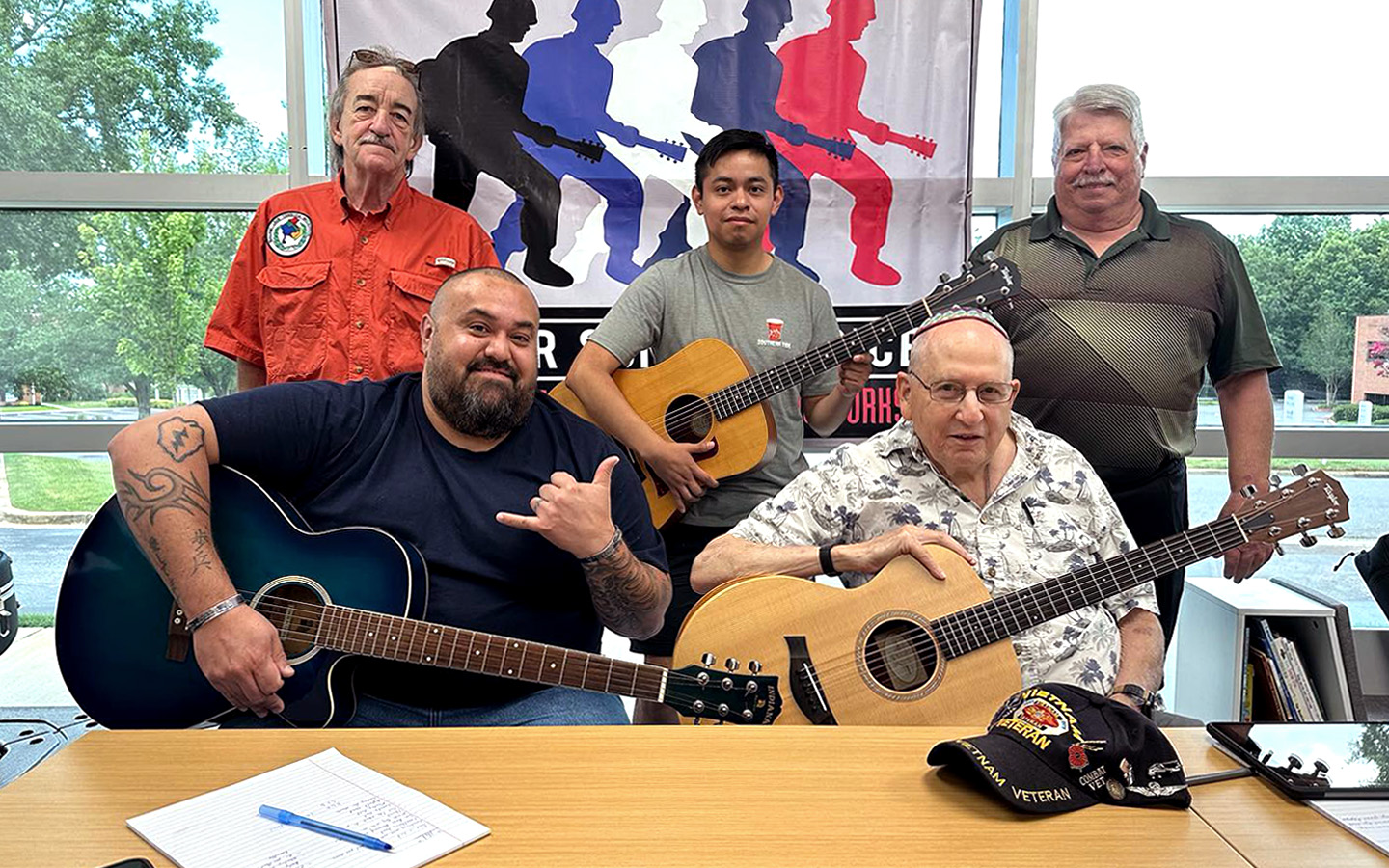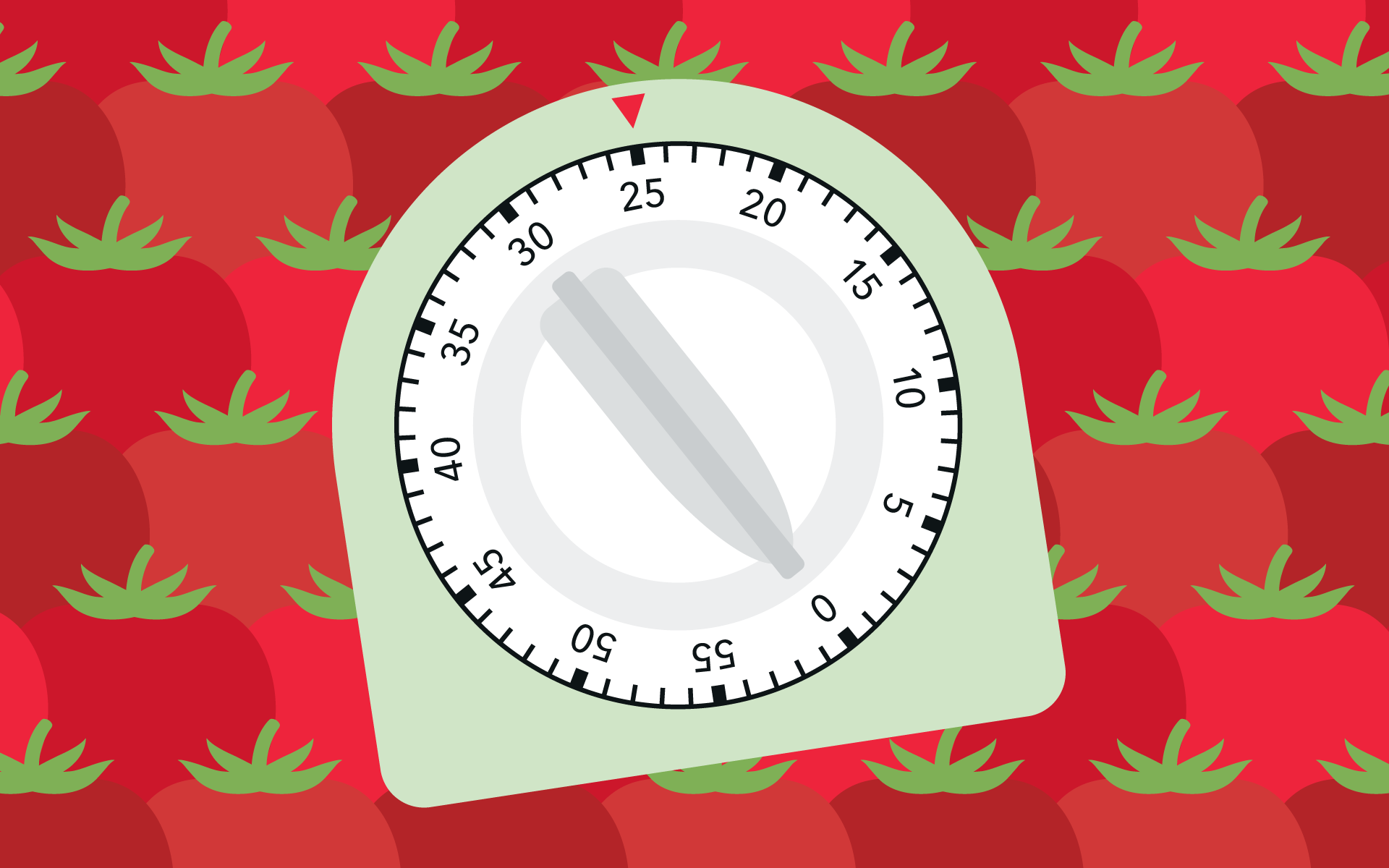Peter Bell knew that he made it in the music biz when he heard people singing his jingle on the subway in Boston. It was a commercial music spot that he co-wrote for a local bank, and featured the Dorchester neighborhood boy band: New Kids on the Block. The synth-soaked jingle advertised the bank’s new ATM card (a novel product at the time), ending with the band’s catchy and quotable exclamation, What are you waiting for? Get your BayBank card! Bell says that New Kids, then on their ascent to fame, were excited to contribute their vocals to a Boston establishment.
“One thing that happens as you practice this profession is that you build a contact list of other talented people that you can draw on,” says Bell. “That’s a wonderful part of the job. It’s so much fun to work with talented people who almost uniformly are glad to come into the studio and work on these small form pieces of music—30 seconds, 60 seconds. They put their heart and soul into it.”
Bell is a two-time Emmy-winner and author of the Berklee Online course Writing and Producing Advertising Music, as well as the book Creating Commercial Music.
He has composed music spots for shows like This Old House and New Yankee Workshop, and has written countless jingles for brands like Nike, RC Cola, Converse, and the American Red Cross. Bell says there are five major things you need to consider if you’re looking to explore writing and producing music for advertising.
Create Commercial Music Outside of Your Comfort Zone
When you start writing music for advertising, you’ll find that your clients will request music spots in a style or genre outside of your familiarity. This will help you become a more versatile musician and will also give you the opportunity to collaborate with other musicians with specializations.
“You’re the music expert and your clients will assume that you can be all things to all people,” says Bell. “So if they want Elizabethan music, or if they want world music, or if they want New Orleans funk music, they’ll come to you and expect you to do the rest. So one of the skills you develop is to be able to analyze the music and produce in that style. Another important skill is to develop a contact list where you can involve other practitioners who are experts in particular styles.”
LEARN HOW TO WRITE AND PRODUCE ADVERTISING MUSIC WITH PETER BELL
Build Your Credibility
Bell says that you can start building your portfolio by doing a few initial projects at a low cost. He recommends going to a local business that is already on the air and ask them if they would like a custom-made jingle. Just request that they cover your expenses like recording or hiring musicians. If they put it on the air, then you have some name recognition to help you secure more jobs.
“Then you have proof of concept and you can go to an ad agency and say, ‘Have you heard the so-and-so car dealership ad that’s running right now? Well, I did that.’ And that is a door-opener,” he says.
Prepare for Success
Just like the rest of the music industry, writing music for advertising is competitive and hard to break into. Bell says that while you can’t control where your opportunities are going to come from, you can be ready when an opportunity does present itself.
“No matter what age or what level you’re at, you can work on your own development and prepare for that moment,” says Bell. “I always analogize it to standing next to a brick wall, and there are no doors and all of a sudden you don’t know why or when, but a door opens. You want to be ready to walk through if and when it does. That’s empowering I think.”
Set up Your Studio with These Seven Essentials
Times have changed since Bell initially set up his recording studio, after taking out a loan for tens of thousands of dollars. Now we’re in what he calls the golden age of production, where you can set up your own studio for a few thousand dollars with these seven items:
- Computer
- Software
- MIDI Controller
- Audio Interface
- Microphone
- Headphones
- Audio Monitors
“The means of production are now available to the proletariat,” says Bell. “Just about anybody can scrape together a few thousand dollars eventually in order to get up a small production studio and then you’re ready to roll.”
Know That You’re Solving a Problem
When you’re first starting out writing music for advertising, you want to present yourself as someone who is experienced and capable of getting the job done. It’s easy to feel like a client is doing you a favor by hiring you, but it’s important to remember that you’re solving a problem for them.
“I would say to someone starting out, remember that you’re not calling to ask for a favor; You’re calling to partner with them,” says Bell. “You’re calling to offer them a valuable asset. So you don’t want to get confused about what’s going on here. You want to partner with them with a common goal.”
